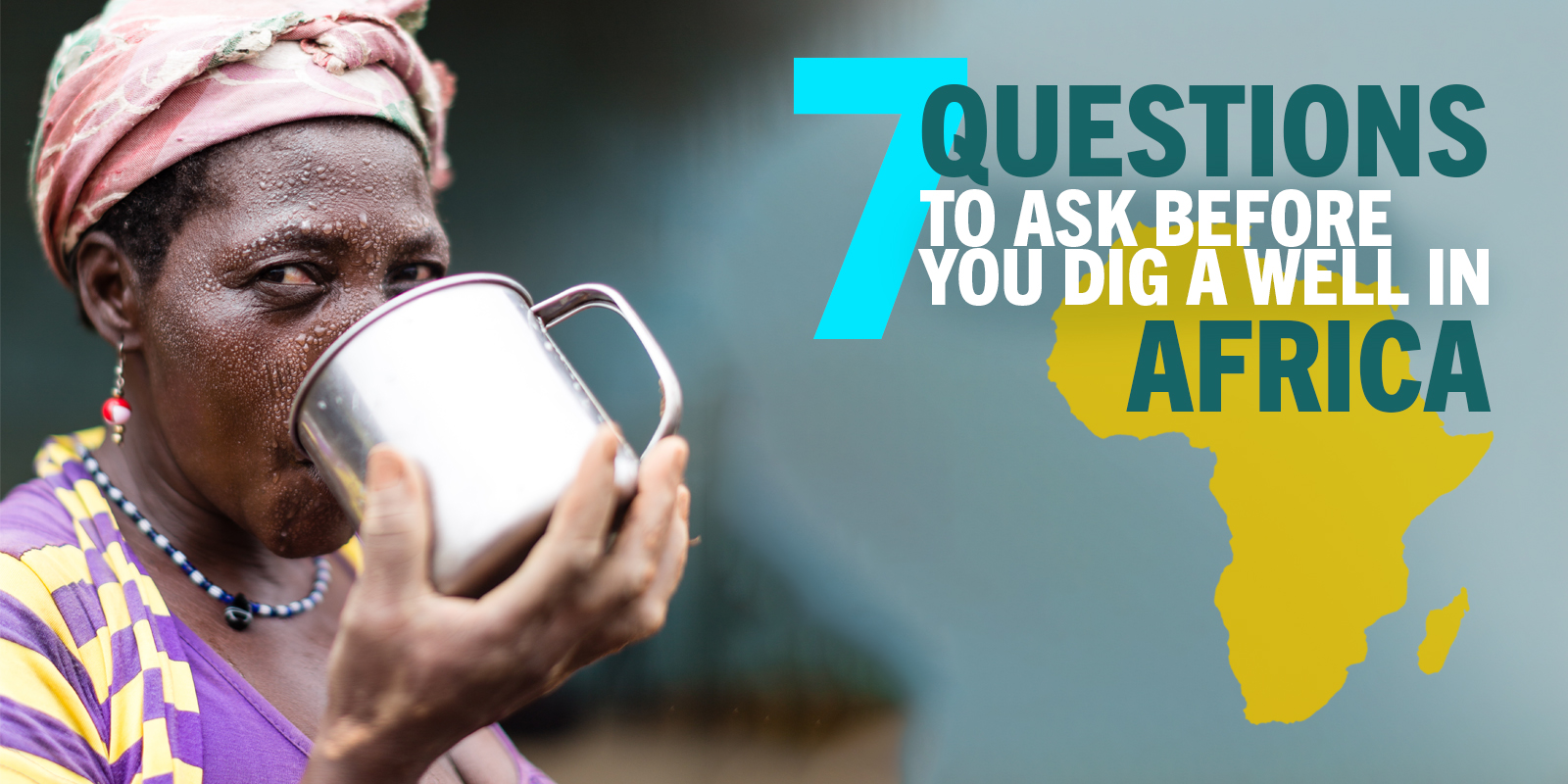By Jeff Palmer
“Hey pastor, I just got back from a trip to Kenya and I was touched by the needs I saw there, especially the need for clean water. I’d love to rally our church to build a water well. What do you think?”
As a church leader, you’ve probably heard that question before, or at least one like it. People in your church are passionate about helping people in need. They want to change the world through orphan care, clean water, health strategies, or feeding the hungry. They want to go on mission trips because they believe Christ calls the Church to be the hands and feet of Jesus in an unjust world. Even as you read this, you can probably picture these people in your mind.
They get involved somewhere and somehow, possibly outside of your church. They become affiliated with a local or international ministry. They may start their very own non-profit missions organization. They enlist you and fellow church members in their “mission” and before long, their mission becomes a focus of your local body.
But nagging questions gnaw away in the back of your mind. The work of these passionate people seems good, but is it effective? Does it lead to long-term, systemic improvements? Is it based on a solid missions strategy? And, perhaps most importantly, does your church want to commit time, money, and human resources in this project? And if so, how much should your church invest in it?
My wife and I started our missionary journey in Southeast Asia almost 40 years ago. With an educational background in agriculture and food production, I dreamed of helping poor Asian farmers and their communities produce more sustainable food and income through better farming techniques. At the same time, I wanted to leverage the relationships I developed to share Christ, disciple new believers, and start churches. Little did I know that during the early years, I would become a student all over again, learning agriculture and church planting in a cross-cultural setting but from a whole different perspective–that of the local people.
In those early years of mercy-oriented missions work, I learned to see myself through the eyes of poor Asian farmers and unreached people groups. I also worked with several Westerners who came to do short-term missions among the people I was serving, and I observed the good and the not-so good of short-term missions. Over the last few years, I have been based in the U.S., working with people and churches who want to develop more effective and sustainable mercy-oriented mission projects. In all of these roles, I have learned important lessons that can help churches make the greatest Kingdom impact while also establishing a solid missions strategy.
In the next few blog posts, I would like to share those lessons with you. I’d also like to pose questions I’ve started to ask about mercy-oriented mission projects.
Even though I have 20-plus years of overseas experience in disaster relief and community development, I don’t consider myself an expert on your church’s missions program. However, I do want to challenge you to take an honest look at what your church is doing in its missions endeavors by asking yourself the questions I’ll pose in future posts.
My goal is to help the Church to engage in missions efforts that proclaim Him in both word and deed. Unfortunately, our incorrect beliefs, myths, and misdirected intentions get in the way.
For more community development resources, visit the BGR Blog at gobgr.org/blog.

